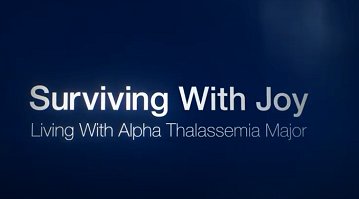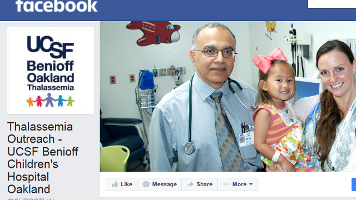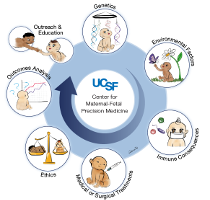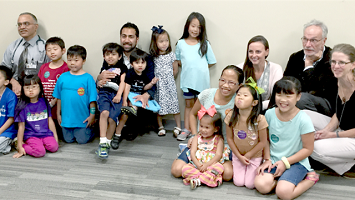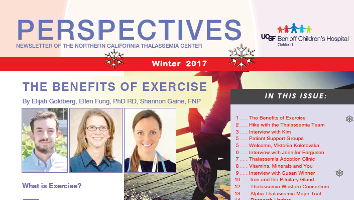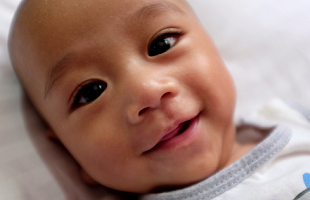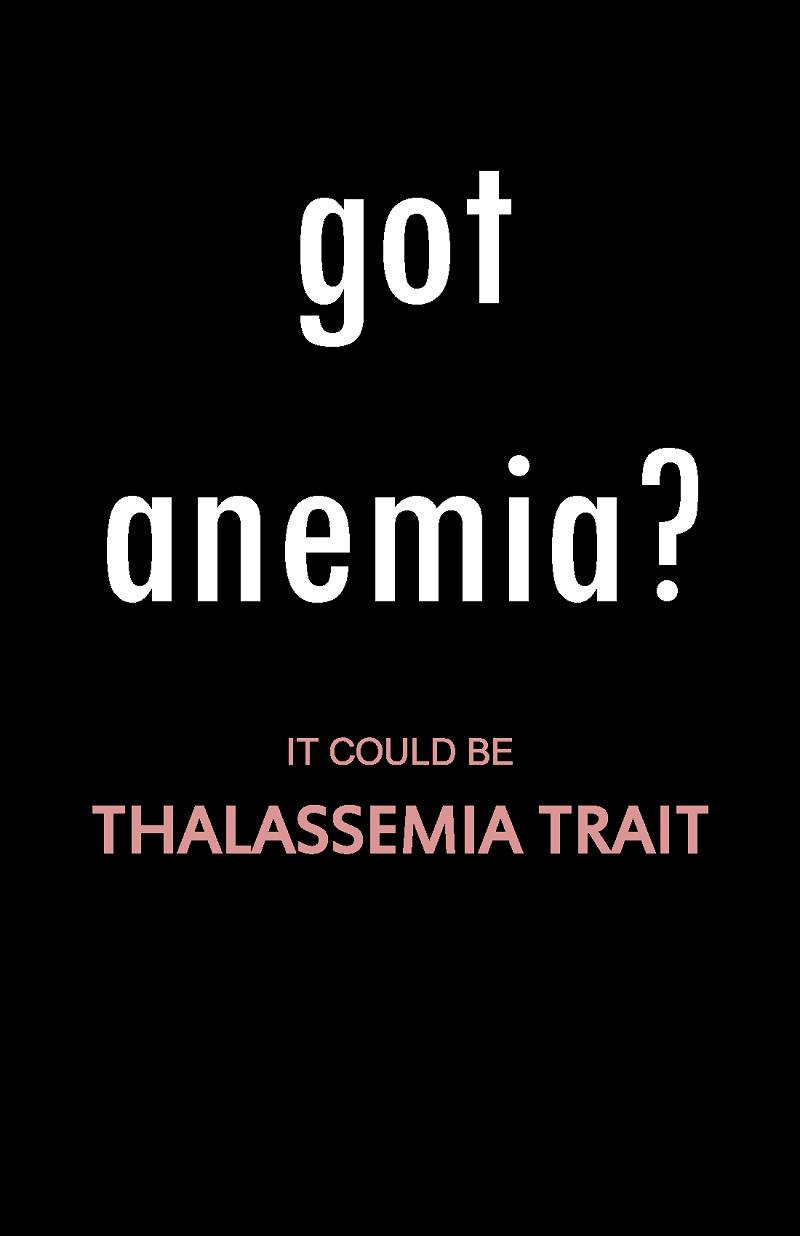Thalassemia Trait
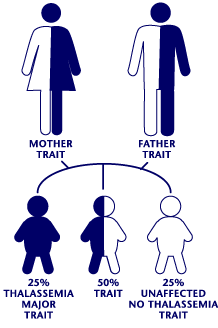 Thalassemia is a genetic disease. This means that a person can only get thalassemia disease or trait by inheriting the genes for thalassemia from their parents. Genes determine what we look like, such as hair color, and are also responsible for many diseases. Inheritance of thalassemia happens purely by chance–-there is nothing that parents do, or do not do, that will cause their child to inherit thalassemia. Thalassemia is never 'caught' by another person in the way that a cold or flu is transmitted. People with thalassemia disease and trait are born with it.
Thalassemia is a genetic disease. This means that a person can only get thalassemia disease or trait by inheriting the genes for thalassemia from their parents. Genes determine what we look like, such as hair color, and are also responsible for many diseases. Inheritance of thalassemia happens purely by chance–-there is nothing that parents do, or do not do, that will cause their child to inherit thalassemia. Thalassemia is never 'caught' by another person in the way that a cold or flu is transmitted. People with thalassemia disease and trait are born with it.
Over two million people in the United States carry the genetic trait for thalassemia. Thalassemia trait is not and never will become thalassemia disease. There are two main types of thalassemia trait: Alpha Thalassemia trait and Beta Thalassemia trait. Most types of thalassemia trait cause the red blood cells to be smaller in size than usual, but there is no scientific evidence that thalassemia trait causes health problems. Individuals with thalassemia trait have some level of protection from malaria. Therefore, although thalassemia trait is found in all populations, it is most common in people from regions where malaria occurs.
You can make an appointment with your health care provider to be tested for thalassemia trait.
If you learn that you have thalassemia trait, you may have questions about the implications for you, your future children, and other family members. Your health care provider will be able to answer these questions for you.
California Newborn Screening detects approximately 1,000 cases of Thalassemia trait each year. When planning a family, it is important to know if you and/or your partner carry the trait for thalassemia.

